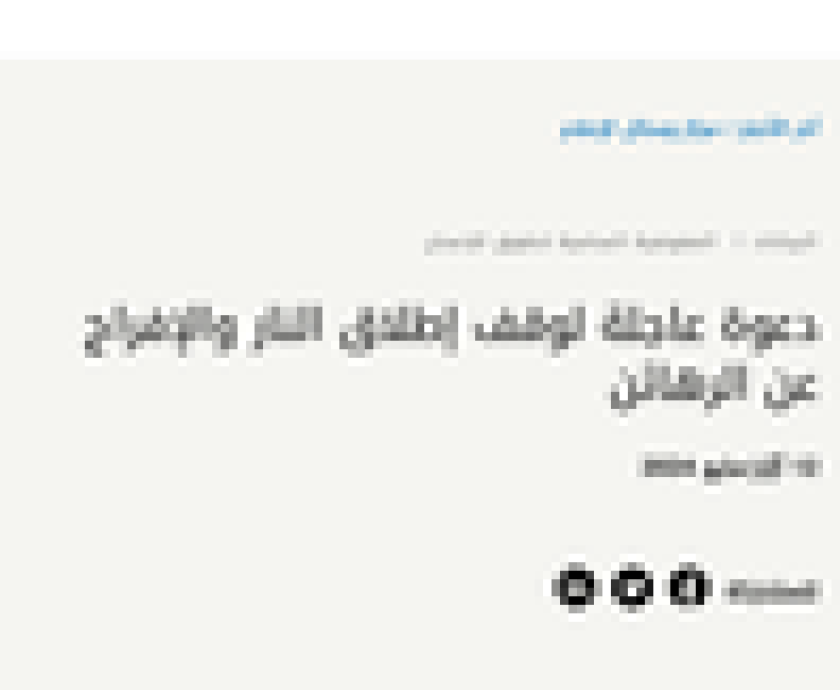In this photo taken on Saturday, Feb. 22, 2020, two surveillance camera are seen in a street in Moscow, Russia. Moscow’s city officials announced the use of facial recognition technology to target people evading quarantine
© AP Photo/Alexander Zemlianichenko
Moscow’s officials are forging ahead with installing one of the world’s biggest surveillance camera systems equipped with facial recognition technology, despite protests from activists.
The system is ostensibly to help in the fight against COVID-19 as facial recognition cameras are being used to ensure that everyone placed under self-quarantine stays off the streets.
On March 18, Moscow’s police chief, Oleg Baranov, claimed that the surveillance system has already identified 200 people violating the rules of their quarantine. A 14-day self-quarantine is required for people returning to Moscow from countries with high numbers of coronavirus cases, who have been in contact with those infected, or who show mild symptoms. The rules affect thousands of people.
This week, Russia’s prime minister, Mikhail Mishustin, ordered Russia’s Communications Ministry to design a national system to track people who have been in contact with coronavirus patients. The system under discussion would use geolocation data provided by individuals’ cell phone provider.
People’s geolocation data and medical information are protected by Russia’s Constitution and privacy laws. Under Russian law, privacy rights can be restricted in case of emergency. International law also allows restrictions of certain rights, but they must be strictly necessary, proportionate, be of limited duration, and respect human dignity.
Russia’s track record of rights violations raises questions about whether authorities will achieve the right balance between restricting civil rights, including privacy, with the need to fight the virus. Russia’s enthusiasm for surveillance before the pandemic gives rise to concern that its expanded use to fight COVID-19 might not end after the pandemic is over.
Russian authorities also seem to be unwilling to even acknowledge the intrusiveness of facial recognition technology. Russian courts recently and swiftly rejected two lawsuits by activist Alyona Popova against the use of facial recognition over concerns of privacy violations.
Abusing mass surveillance and restricting rights in ways that are not justified on public health ground will create damage Russian society beyond the duration of the corona crisis.



